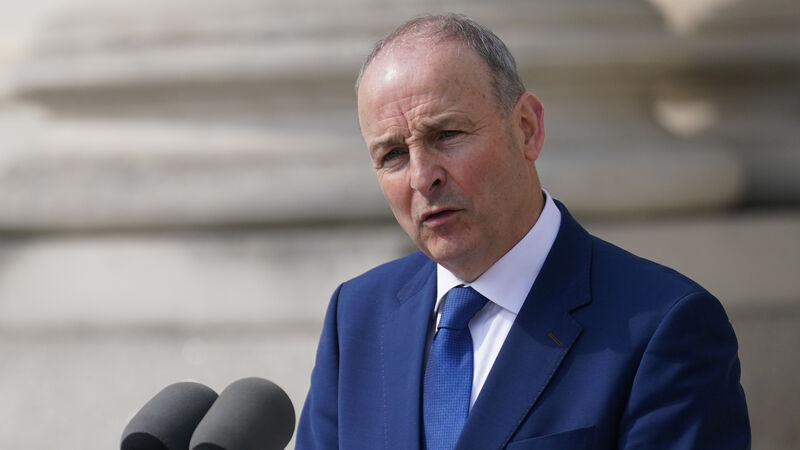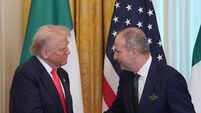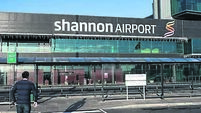Martin: Pharmaceutical sector must be part of trade negotiations

Taoiseach Micheál Martin said: 'It is important that we don't end up in a situation where undue harm would be caused to people or indeed to the world economy.' Picture: Brian Lawless/PA
Pharmaceutical and semiconductor manufacturing must form part of EU-US talks on trade, Taoiseach Micheál Martin has said.
His comments come as it was confirmed Ireland is the second biggest pharma exporter in the EU, with exports reaching a record €313.4bn last year.













